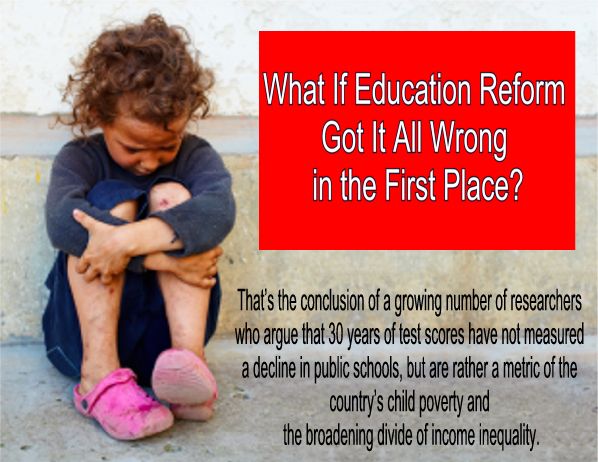Is There A Better Way To Pay For America's Schools?
Big Education Ape: K-12 Spending per Student by State [Rankings] http://bit.ly/1rGHi2U
Big Education Ape: Local education inequities across U.S. revealed in new Stanford data set | Stanford News http://bit.ly/1NHGhBf

The Kansas Supreme Court gave state lawmakers an ultimatum:
Make school funding more equitable by June 30, or it will consider shutting down the state's public schools.
Since then, things have gotten ugly.
Lawmakers followed up with a plan — to make it easier to impeach Supreme Court judges who attempt to "usurp the power" of the Legislature or governor.
Then came a plan to address the court's concerns over school funding: Send a little more money to roughly two-dozen of the state's poorest districts without taking money away from other districts or raising taxes.
The plaintiff districts have already responded to the plan, calling it a "shell game."
It's unclear if the Kansas Supreme Court will be satisfied.
What is clear is that the politics of school funding can be bitter
Over the past two weeks, the NPR Ed Team has taken a hard look at how we pay for public schools in the U.S. In Part 1 of our School Money series, we mapped the consequences of a funding system that favors affluent districts.
In Part 2, we unpacked the difference a dollar can — and cannot — make in the classroom, finding compelling evidence that money, spent wisely and consistently, can improve the lives and outcomes of disadvantaged students.
This week, we grapple with the politics of school money, asking:
Is there a better way to pay for our schools?
The answer requires that we do two things: explore the challenges to change, and spotlight a few ideas that could lead to a more balanced system.
What follows is a wrap-up of our reporting. For nearly every name and place, you'll find a hyperlink to more.
Like this one, for the latest on the school money showdown in Kansas.
The TABOR Trade-Off
First, the challenges. In a word: taxes.
In 1992, Colorado voters had had enough, no longer trusting state lawmakers to spend their tax dollars wisely.
They amended the state's constitution with something called the Taxpayer's Bill of Rights, or TABOR.
It required that voters, not lawmakers, have the final say on tax increases, and it capped tax revenue. Anything the state raised over that cap — typically in boom years — would be refunded to taxpayers.
TABOR's effect on Colorado's schools has been severe.
Its cap on property tax revenue limits how much money districts can raise locally. And by capping income tax revenue, the law also limits the state's ability to help schools make up the difference. A one-two punch.
"I don't think people on average knew what it meant, especially long-term," says Tracie Rainey with the Colorado School Finance Project, a nonprofit research group.
Today, the state's economy is booming. The unemployment rate is just 3 percent. And, thanks to TABOR, taxpayers are on track to get $156 million back from the state.
But Rainey says Colorado's schools are struggling more than ever.
"They have outdated technology, larger class sizes. They've lost the opportunity to offer certain programs. They can't retain teachers. They can't attract teachers," says Rainey. The list goes on.
In 2013, according to Education Week, the state spent roughly $2,500 less per student than the national average. That ranks Colorado, the nation's 14th richest state, below two of the Paying For America's Schools: Is There A Better Way? : NPR:


